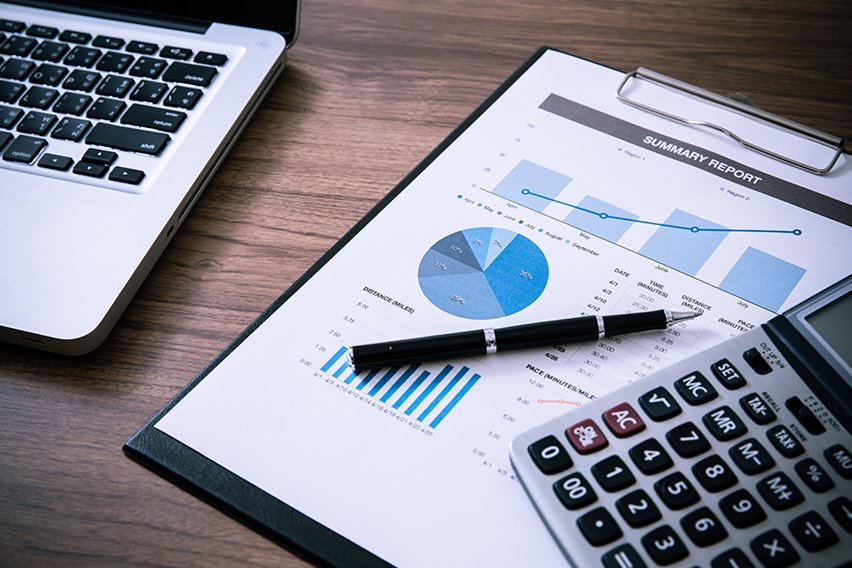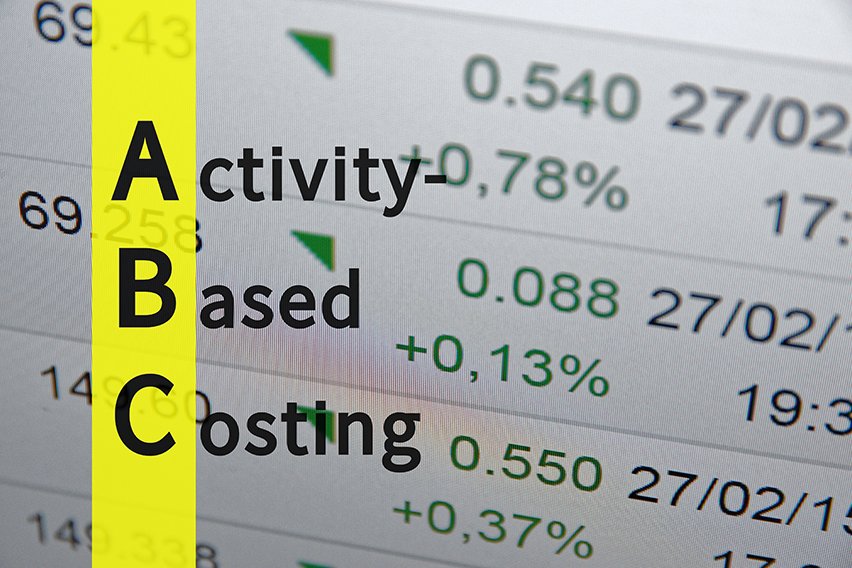Difference Between Bookkeeper and Accountant

One of the trickiest things to stay on top of as a successful small business owner is your finances.
It’s imperative that your financial data is accurate, current and organised. That’s why it’s so important to have the right tools and knowledge to make good business decisions and ensure that you have a healthy cash flow.
As your business grows, it becomes harder and harder to keep on top of everything by yourself. But when you need help managing your finances, should you be hiring a bookkeeper or an accountant?
We’ll take a closer look at the difference between the two positions and what each role can help with when it comes to your business.
Here’s What We’ll Cover:
Should I Hire a Bookkeeper or an Accountant?
What Is a Bookkeeper?
The role of a bookkeeper is to maintain complete and accurate records of all the money that has come in and gone out of your business.
A bookkeeper will record daily transactions in an organised, easy to understand way. The information that they keep enables accountants to do their jobs.
There are a number of jobs that a bookkeeper would do. Some of these may include:
- Recording each and every financial transaction
- Posting credits and debits
- Creating invoices
- Managing the payroll
- Maintaining and balancing accounts, ledgers and subsidiaries

One of the main duties that a bookkeeper is responsible for is maintaining a general ledger. This is a document that records the amounts from expenses and sales receipts.
A ledger can vary from being a sheet of paper, to a specialised bookkeeping software. Here they will track their entries, credits and debits.
Each and every sale and purchase that your business makes has to be recorded in the ledger.
You don’t need any formal degree or educational requirements to become a bookkeeper. But it is far easier if you have a good base knowledge of finances and a keen eye for accuracy and detail.
What Is an Accountant?
An accounting professional is responsible for keeping and interpreting a number of financial records. They are responsible for a wide range of finance-related tasks, be that for individual clients or for a business.
An accountant will analyse the financial data that the bookkeeper has recorded. They will then provide their clients with important business insights. They will also provide financial advice based on the information that the bookkeeper has provided.
There are a number of jobs that an accountant is responsible for throughout the accounting process. Some of these may include:
- Analysing and verifying financial data
- Generating reports
- Performing audits
- Preparing financial reporting records. For example; tax returns, income statements and balance sheets.
- Providing information for forecasts
- Providing information for business trends
- Providing information to help with growth opportunities
- Guiding a client through understanding the impact of financial decisions
- Adjusting entries
You could say that an accountant will take a step back and look at the whole picture. When it comes to financial decisions, they are less involved with a business so are more able to give a balanced view.
For a business owner, an accountant can provide reports that bring key aspects of your business finances to light. This can then give you a complete picture of where you stand with your finances and what certain things would mean for your company.
They’re also useful for offering advice on what financial decisions would be best for the growth of your business.
An accountant will most likely need to have a degree in accounting or in finance. They may also have to pursue additional certifications.

Should I Hire a Bookkeeper or an Accountant?
When your business has grown to a size that requires extra help, retaining the services of a bookkeeper and an accountant can be incredibly helpful.
While both roles have similar functions, they both focus on different aspects.
A bookkeeper will concentrate on daily operations and transactions. While an accountant will be looking at long-term decision-making in relation to the business’s finances.
While a growing business may need the help of both roles, a smaller business can also benefit from the help that they provide. They can help organise your finances and give you far more opportunities for growth and an increased revenue stream.
But while some small business owners may be able to keep up with their bookkeeping, it’s really an accountant who has a specialised set of skills. So they may find that the extra help from an accountant is more helpful.
That being said, some small business owners will only need the help of an accountant when it comes to tax advice at the end of the financial year for their tax accounting. This could be because they make use of accounting software that helps them throughout the rest of the year. This may mean that they would benefit more from having the day-to-day help of a bookkeeper looking after their financial statements.
It’s also important to note that a bookkeeper would be cheaper to hire full-time than an accountant. So it may depend on what finances are available for an outside hire.
Key Takeaways
Bookkeepers and accountants are both incredibly important roles in keeping a business’s finances running smoothly.
While they both are involved with your finances and have a common goal, they perform different roles within the same system. At its most basic, an accountant can be a bookkeeper, but a bookkeeper can’t be an accountant.
When it comes to deciding which one to hire first, it’s important to take your situation into account first. Your needs may vary from the next business owner so it’s a good idea to evaluate what would be more valuable to you and your business.
Are you looking for more business advice on everything from starting a new business to new business practices?
Then check out the FreshBooks Resource Hub.
RELATED ARTICLES

 Statement of Financial Performance: The Ultimate Guide
Statement of Financial Performance: The Ultimate Guide What is the Acquisition Method?
What is the Acquisition Method? Disadvantages & Advantages of Activity Based Costing
Disadvantages & Advantages of Activity Based Costing What Are Credit Terms: Definition, Types & Examples
What Are Credit Terms: Definition, Types & Examples What Is a Sales Journal Entry: Definition & Importance
What Is a Sales Journal Entry: Definition & Importance Debt-to-Capital Ratio: Definition, Formula, Example & Calculation
Debt-to-Capital Ratio: Definition, Formula, Example & Calculation